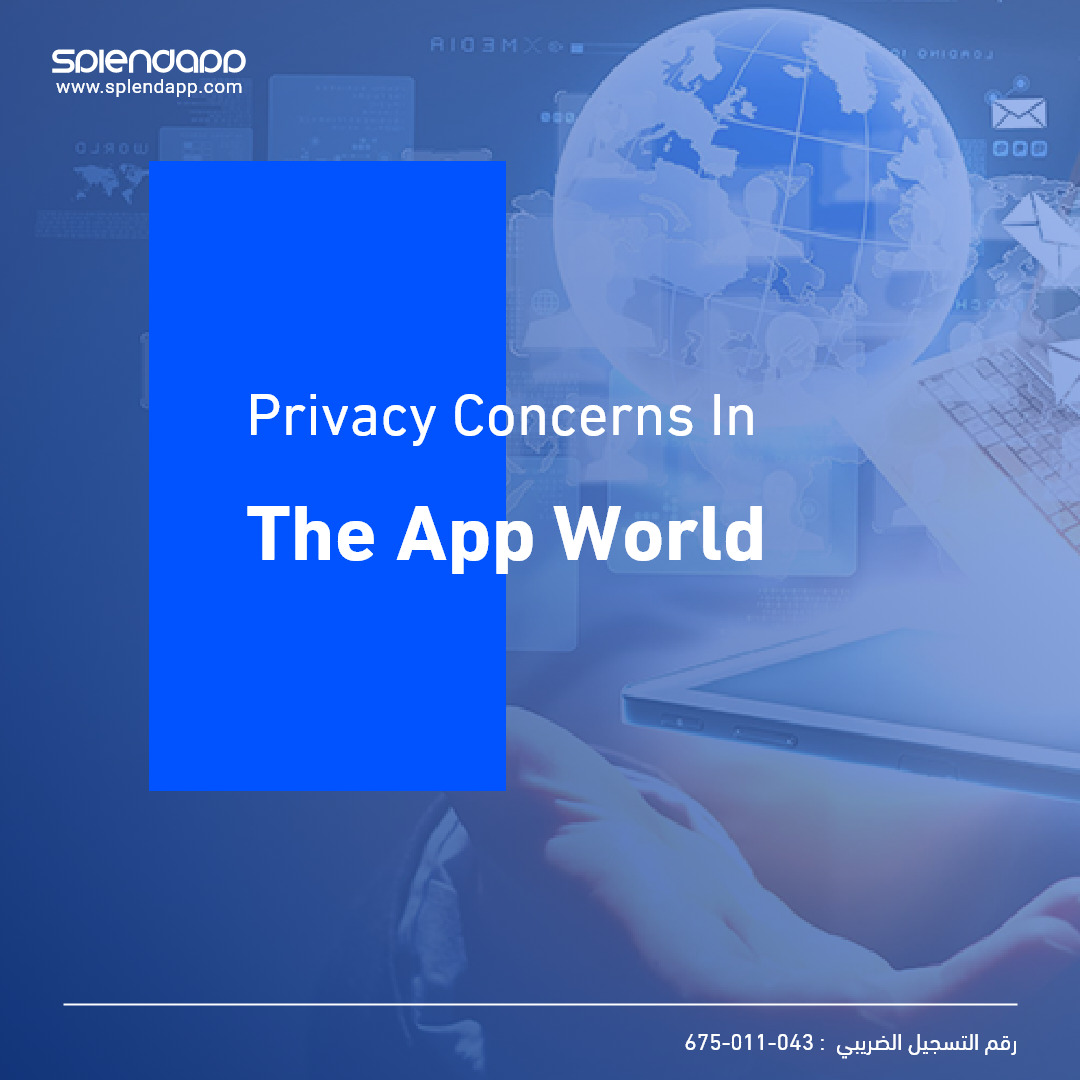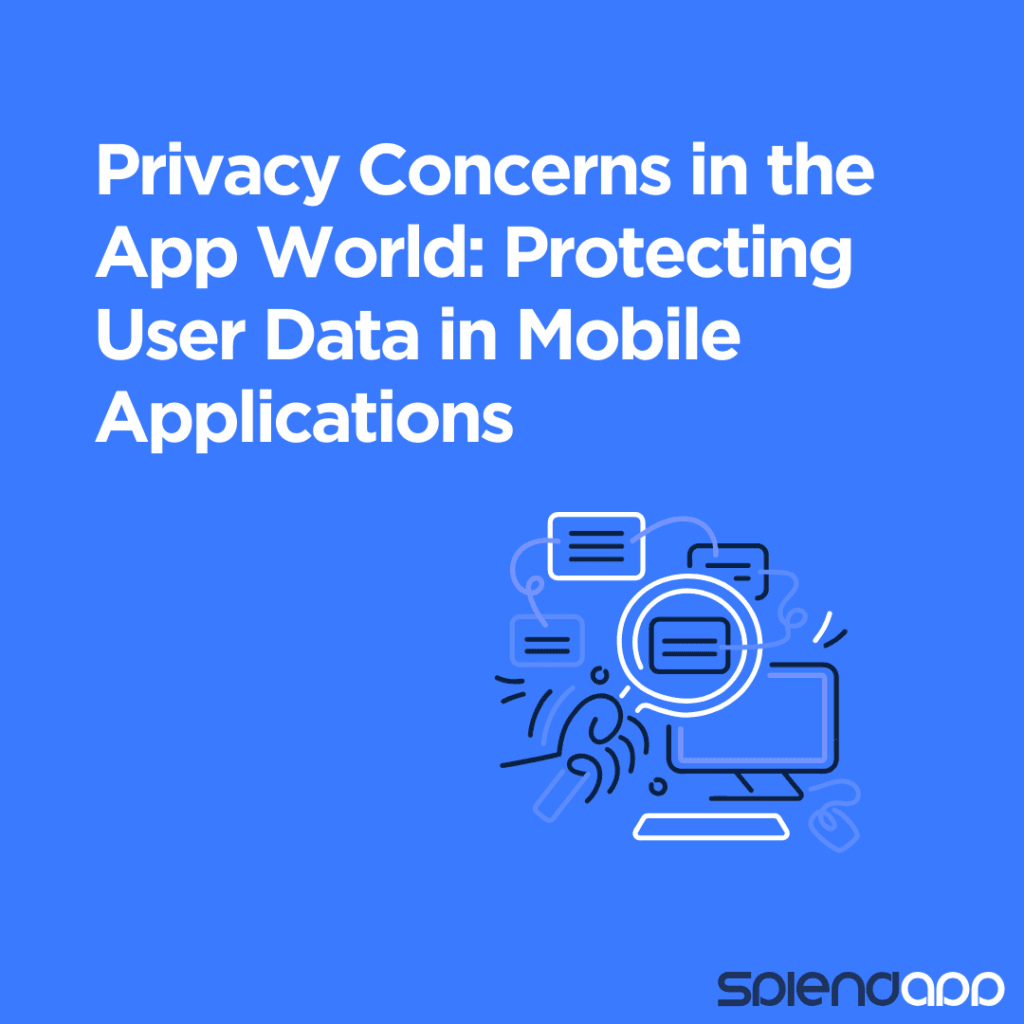

The advent of mobile applications has revolutionized the way we interact with the digital world, offering unprecedented levels of convenience, accessibility, and functionality. However, this technological boom has also given rise to significant privacy concerns, as vast amounts of personal and sensitive user data are continuously collected, processed, and stored. Ensuring the protection of this data is paramount, as it encompasses everything from personal identifiers and contact information to location data and behavioral patterns.
Privacy Concerns in the App World are multifaceted. Users are often unaware of the extent of data being collected by the apps they use daily, and how this information might be used or shared. Mobile applications, ranging from social media and messaging apps to fitness trackers and shopping platforms, have access to a wide array of personal information. This information, if not properly secured, can be susceptible to data breaches, unauthorized access, and misuse.
Developers and companies behind mobile applications play a critical role in safeguarding user data. They are tasked with implementing robust security measures, ensuring data is encrypted and stored securely, and providing clear and transparent privacy policies. Users, on their part, need to be vigilant, making informed choices about the applications they download and the permissions they grant.
Regulatory bodies and policymakers are also stepping in to address these concerns, introducing legislation and guidelines aimed at protecting user privacy and securing data. The General Data Protection Regulation (GDPR) in the European Union, for instance, has set a new standard for data protection, granting users more control over their personal information.

The burgeoning proliferation of mobile applications has seamlessly integrated itself into the fabric of daily life, offering unparalleled convenience and connectivity. However, this integration comes at the cost of user privacy and data security. The vast repositories of personal and sensitive information that these apps access, store, and sometimes share, have turned privacy concerns into a pressing issue that demands immediate and sustained attention.
Mobile applications have access to a wide array of personal information, ranging from contact lists and photos to location data and browsing history. In many cases, apps collect more data than they need for functionality, creating a goldmine of information that could be exploited if fallen into the wrong hands. Data breaches, unauthorized access, and unsecured data storage are just a few of the vulnerabilities that can lead to the misuse of user data. Additionally, many apps share user data with third parties, further amplifying the privacy concerns.
Protecting user data is not just a legal requirement but also a critical aspect of gaining and maintaining user trust. Developers must prioritize security and privacy throughout the application’s lifecycle, from design to deployment. This involves implementing robust encryption, securing data storage, and ensuring secure data transmission. Moreover, developers need to adopt a “privacy by design” approach, collecting only the data that is necessary for the app’s functionality and being transparent about how user data is used and shared.
Users must take a proactive stance in safeguarding their privacy. This includes being discerning about the apps they download, reviewing and configuring app permissions, and staying informed about how their data is being used. Additionally, users should be aware of the security settings on their devices and make use of features such as two-factor authentication whenever possible.
Governments and regulatory bodies have a crucial role to play in protecting user privacy. The enforcement of strict data protection regulations, such as the GDPR in Europe, sets a global standard for privacy and data security. These regulations empower users with greater control over their personal information, ensuring transparency and accountability from the entities handling their data.
In the digital age, the protection of user data in mobile applications is a paramount concern that requires concerted efforts from developers, users, and regulators alike.
By fostering a culture of privacy and security, implementing stringent data protection measures, and enforcing robust regulatory frameworks, we can create a safer app ecosystem where user privacy is respected and protected.
know more from here the Ways to Build a Secure Mobile App